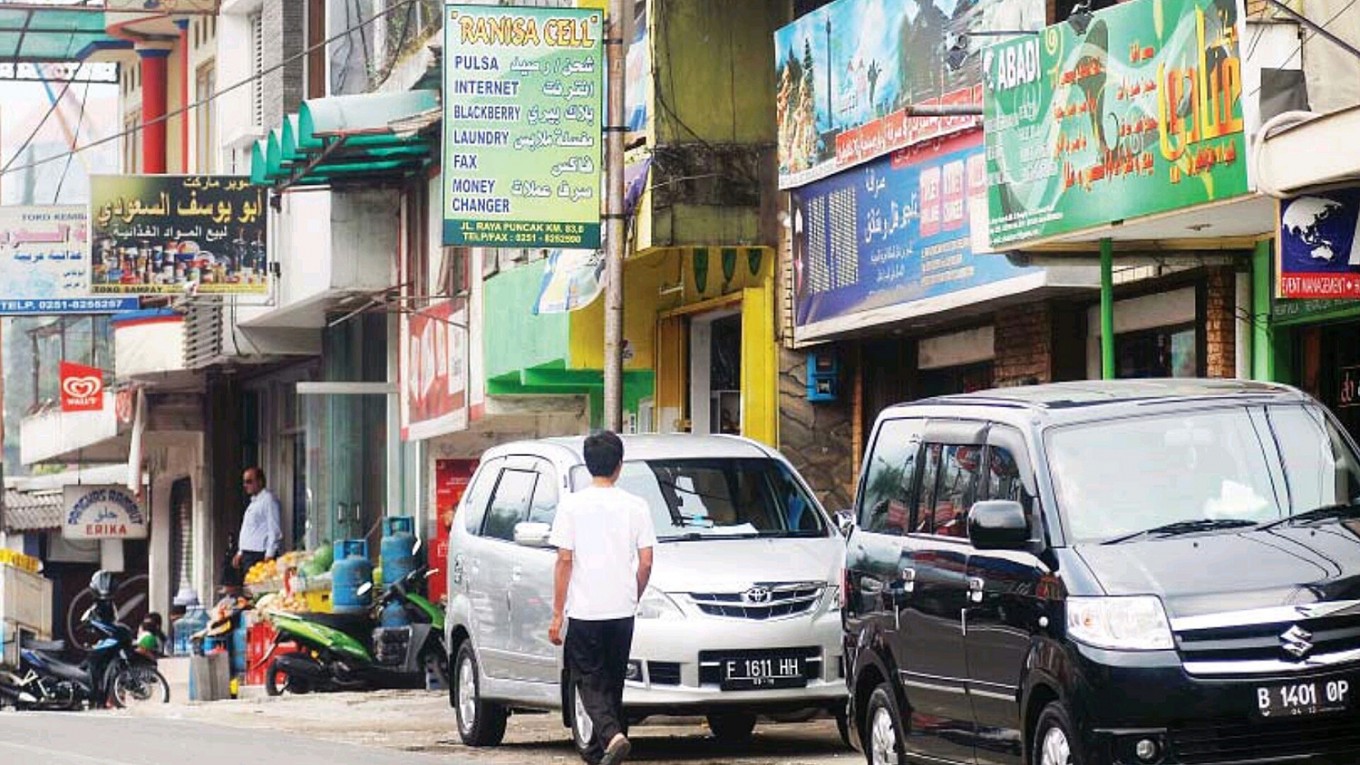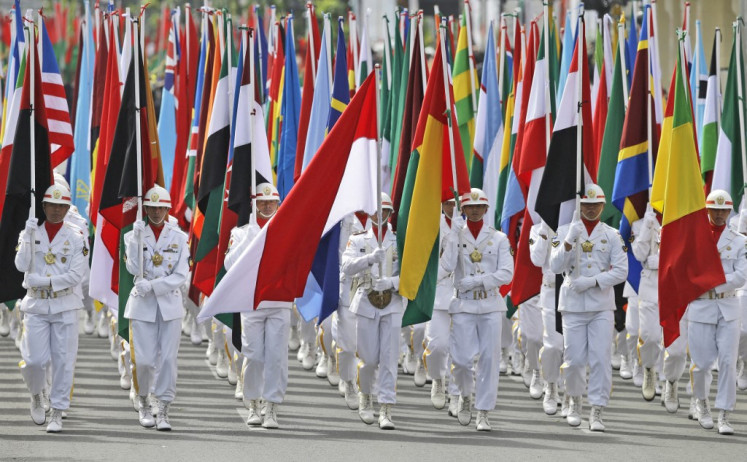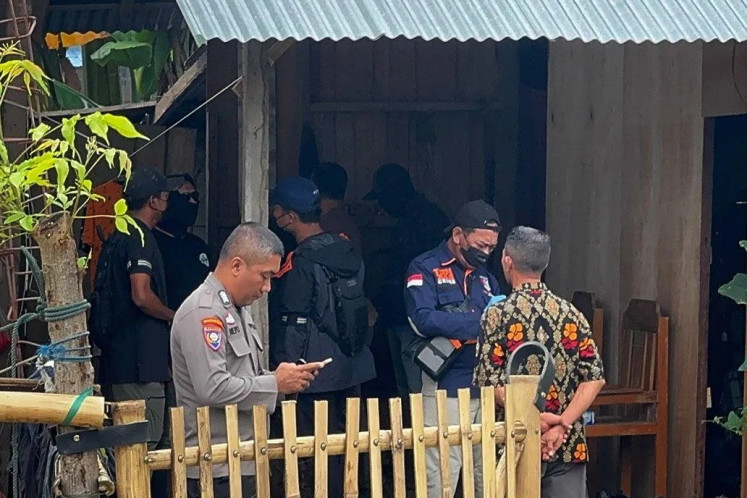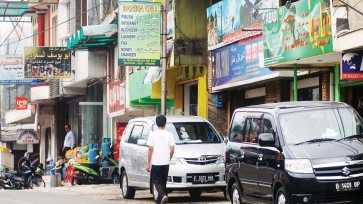Popular Reads
Top Results
Can't find what you're looking for?
View all search resultsPopular Reads
Top Results
Can't find what you're looking for?
View all search resultsReciprocal tourism can compensate for haj and umrah money outflows
Saudi tourists are among the top spenders in Indonesia (US$88.94 /day on average), and they also have fairly long stays, with an average of 22 days.
Change text size
Gift Premium Articles
to Anyone
A
s the haj procession at Arafah will take place for all pilgrims in Saudi Arabia on Friday, I recall an in-depth economic study on the haj and umrah (minor haj) ecosystem from the Bank Syariah Indonesia (BSI) Institute conducted in coordination with various relevant ministries and stakeholders last year.
The study, which revealed the magnitude of funds flowing out for financing haj and umrah activities, is like opening the Pandora's box on the importance of securing the economic value of this ecosystem, intensifying the attention of many government stakeholders on this issue.
It is fascinating to watch how this issue has developed as a number of proposed ideas to offset the vast outflow of money from the haj and umrah ecosystem, which previously seemed excessively idealistic, seem achievable now. A reciprocal tourism approach that involves attracting affluent Saudi tourists to Indonesia presents one potential remedy.
Before discussing the reciprocal tourism strategy further, let's first look at the economic value of the Indonesian haj and umrah ecosystem. According to the BSI Institute, this figure was around Rp 65 trillion (US$4.06 billion) in 2023 and is projected to increase to Rp 194 trillion in 2030.
The rise will be driven by the increasing demand and significant transformations in the haj and umrah ecosystems in Saudi Arabia and Indonesia. Saudi Arabia, with its Vision 2030, targets 300,000 haj pilgrims and 3 million umrah pilgrims from Indonesia in 2030. In 2024, Indonesia will send approximately 241,000 haj pilgrims (possibly more considering the additional quota) and 1.7-1.8 million umrah pilgrims.
For umrah, Saudi Arabia continues to make it easier for tourists (including those who want to go on umrah) by offering an online visa application (e-Visa), visa on arrival (VoA) and transit visa. Indeed, currently, the easiest route for Indonesians is only the transit visa, while a VoA and e-Visa can only be obtained by Indonesian passport holders who have an active visa and have visited the United Kingdom, Schengen area or the United States.
Additionally, the Saudi Nusuk application makes it easier to obtain umrah permits and permission to pray in Raudah, which increasingly caters to self-service pilgrims. Nusuk marks a significant shift toward a more streamlined and accessible pilgrimage experience.



















